Dentistry focuses on diagnosing, preventing, and treating conditions of the teeth, gums, and oral structures, supporting oral health and overall well-being.
Send us all your questions or requests, and our expert team will assist you.
Overview and Definition
Dentistry (dental medicine) is the branch of medicine focused on the health of your teeth, gums, jaw, and the rest of your mouth. Dentists prevent, diagnose, and treat oral diseases and problems such as tooth decay, gum disease, tooth loss, bite issues, and infections that can affect both comfort and general health. A modern dental department combines routine check-ups, restorative treatments, aesthetic procedures, and specialized care to help you eat, speak, and smile with confidence at every age.
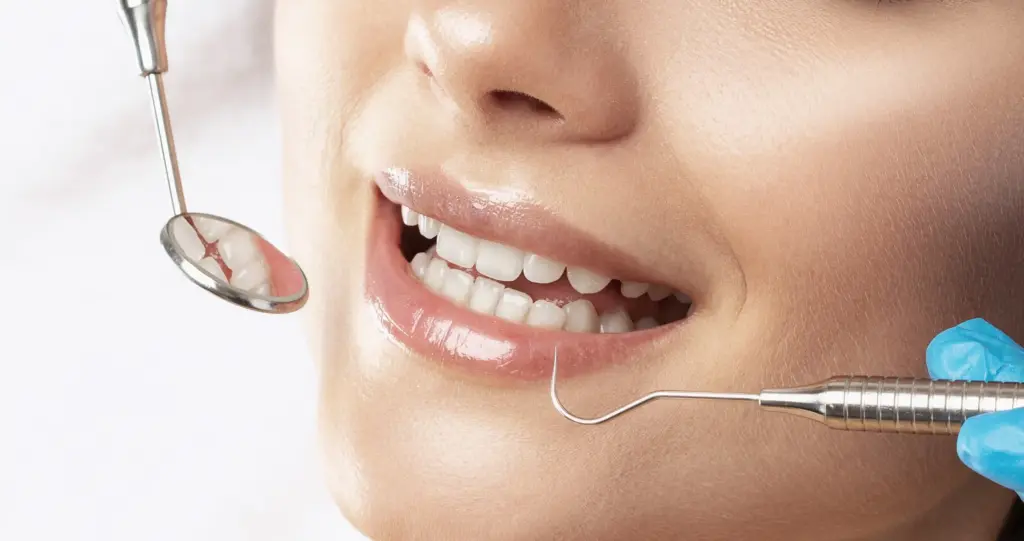
Dentistry covers the prevention, diagnosis, and treatment of diseases and conditions of the teeth, gums, jawbones, oral mucosa, and related structures in the face. Care ranges from simple procedures, such as cleaning and fillings, to complex root canal treatments, gum surgery, implants, and jaw operations.
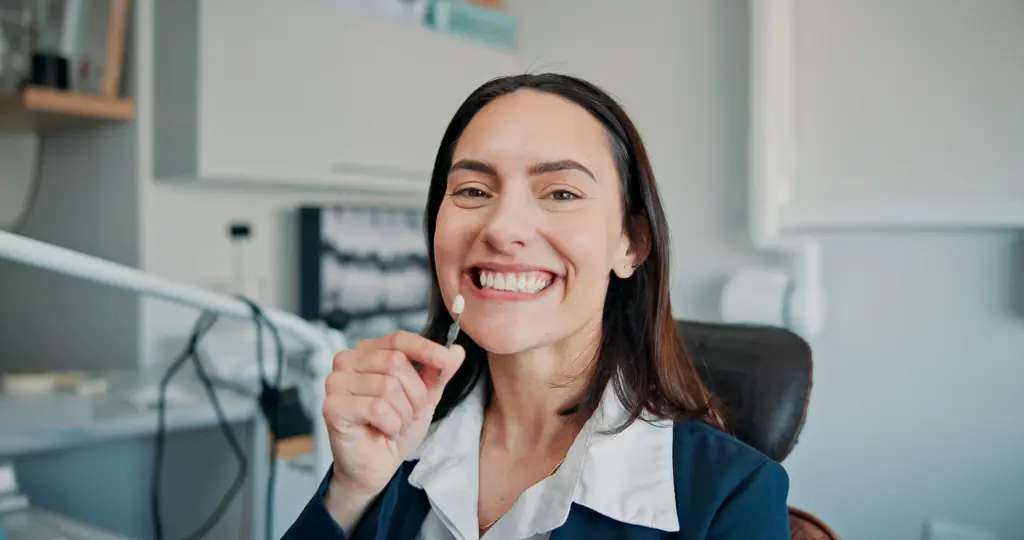
Oral health is more than having white, straight teeth; it is closely linked to overall health and quality of life. Poor oral health can cause pain, difficulty eating and speaking, sleep problems, and social embarrassment, and is associated with conditions such as heart disease, diabetes, and adverse pregnancy outcomes.

Because many oral diseases are preventable and often painless in early stages, regular dental visits and good daily hygiene are essential to maintain general health.
Send us all your questions or requests, and our expert team will assist you.

A hospital-based dentistry or “oral and dental health” department offers both routine and advanced care under one roof. In addition to general dentistry, you may have access to specialists in areas such as periodontics (gums), endodontics (root canals), orthodontics (braces), oral and maxillofacial surgery, pediatric dentistry, and prosthodontics (crowns, bridges, dentures, and implants).
This integrated structure makes it easier to coordinate complex treatments and manage medically fragile or special-needs patients safely.
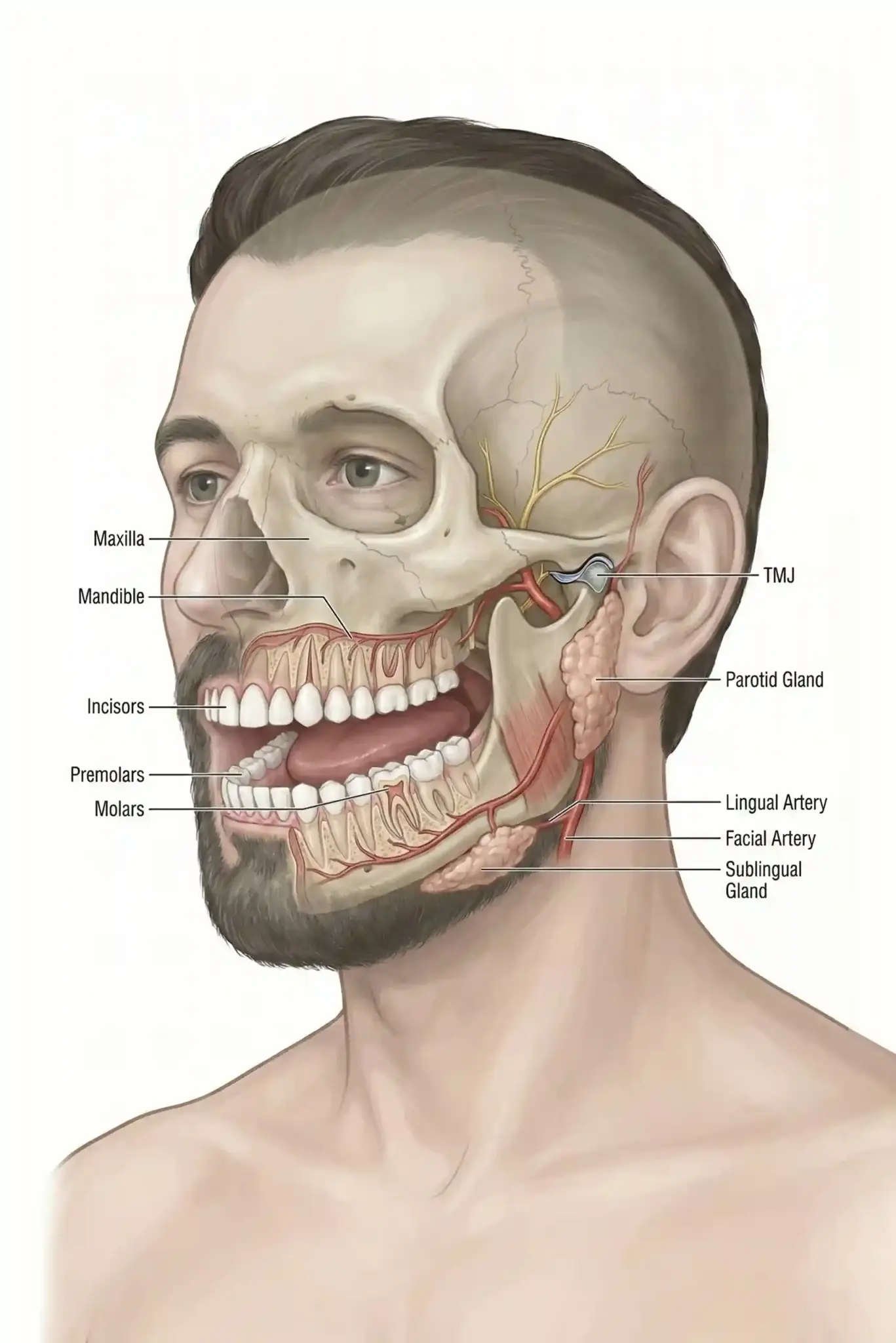
A hospital-based dentistry or “oral and dental health” department offers both routine and advanced care under one roof. In addition to general dentistry, you may have access to specialists in areas such as periodontics (gums), endodontics (root canals), orthodontics (braces), oral and maxillofacial surgery, pediatric dentistry, and prosthodontics (crowns, bridges, dentures, and implants).
This integrated structure makes it easier to coordinate complex treatments and manage medically fragile or special-needs patients safely.
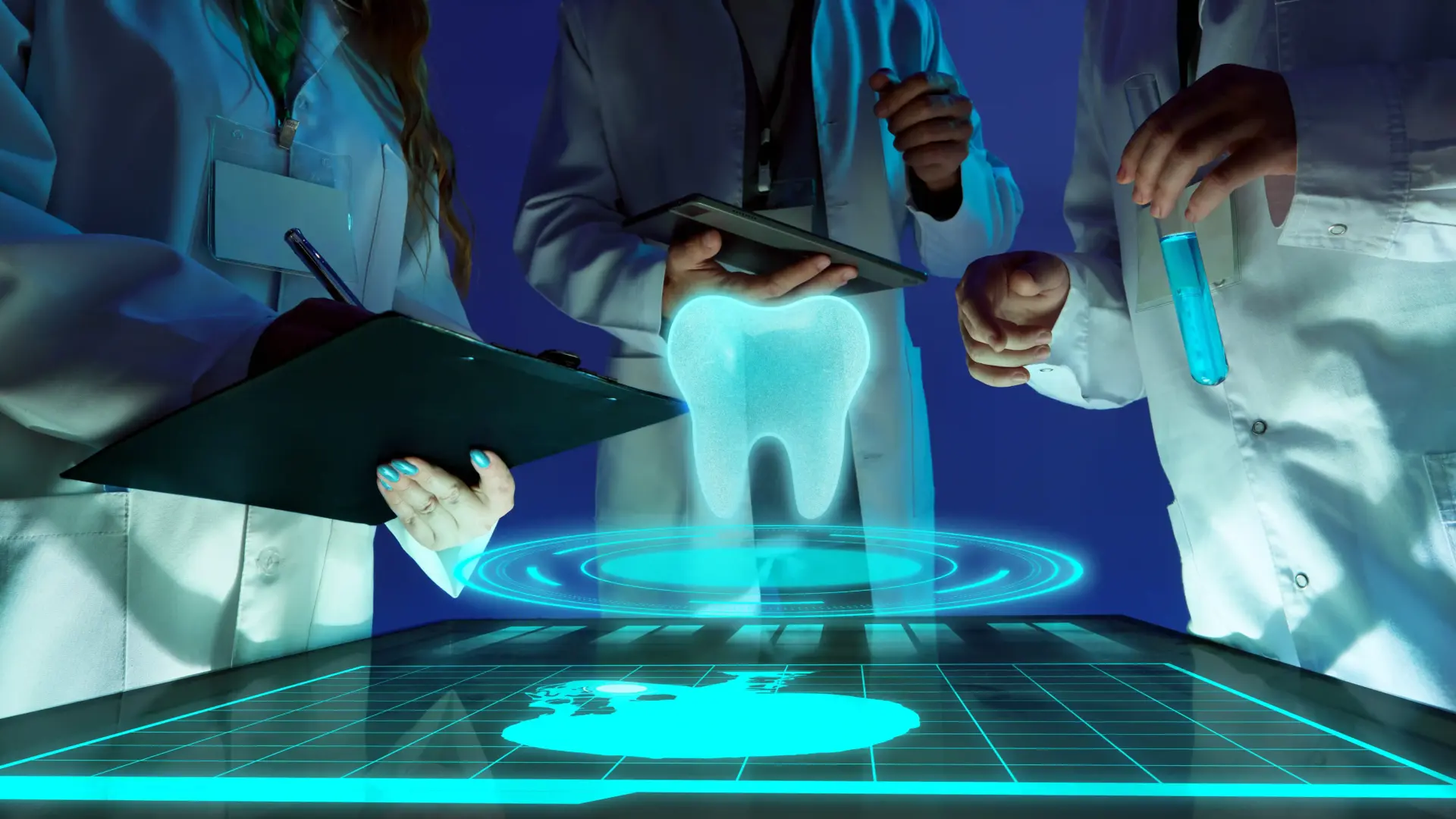
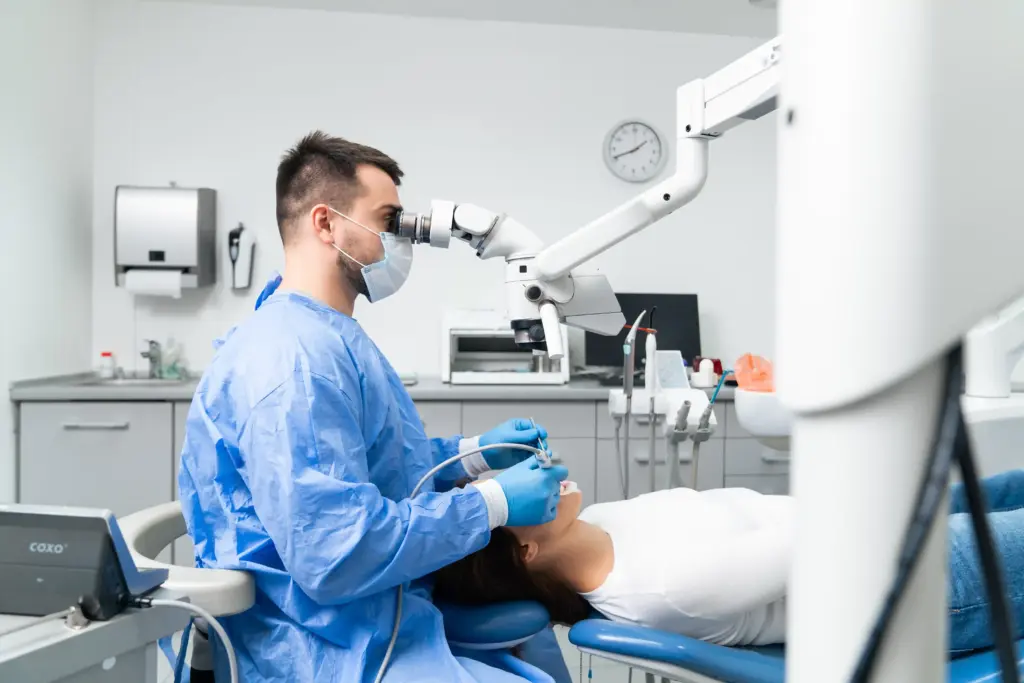
Dentistry includes multiple recognized specialties that focus on specific types of problems or patient groups. Depending on your needs, your general dentist may treat you directly or refer you to a specialist for part of your care.
Examples of dental specialties include:

You should see a dentist for regular check-ups even if you have no symptoms, as many problems—including early cavities and gum disease—cause little or no pain at first. Most people benefit from a dental visit at least once or twice a year, and more often if they have a history of frequent cavities, gum disease, or other risk factors.
You should also book an appointment if you notice:
Prompt evaluation allows simpler, more conservative treatments and helps prevent emergencies.
At a comprehensive center such as Liv Hospital Dentistry, patients can access preventive, restorative, surgical, and aesthetic services in one department. A team of general dentists and specialists provides care ranging from routine cleanings and fillings to implants, orthodontics, and jaw surgery, using digital imaging and modern materials.
For international patients, dental treatment plans can often be organized into focused visits that combine consultation, diagnostics (such as X-rays, 3D imaging), and treatment sessions over a short time. Aftercare instructions, images, and reports help your local dentist continue maintenance once you return home.
There is no difference in the level of education or qualification; DDS stands for Doctor of Dental Surgery, and DMD stands for Doctor of Dental Medicine, but both degrees require the same rigorous training and curriculum.
Most professionals recommend a check-up and cleaning every six months, though patients with gum disease or other high-risk factors may need to visit every 3 to 4 months.
Modern digital X-rays emit a very low dose of radiation, significantly less than traditional film X-rays and environmental background radiation, making them safe for routine diagnostic use.
A deep cleaning, or scaling and root planing, is necessary when bacteria and tartar have accumulated below the gum line, causing infection and bone loss that a regular cleaning cannot reach.
Early-stage enamel demineralization can sometimes be reversed with fluoride and improved hygiene, but once a cavity has formed a physical hole in the tooth, it requires professional restoration.

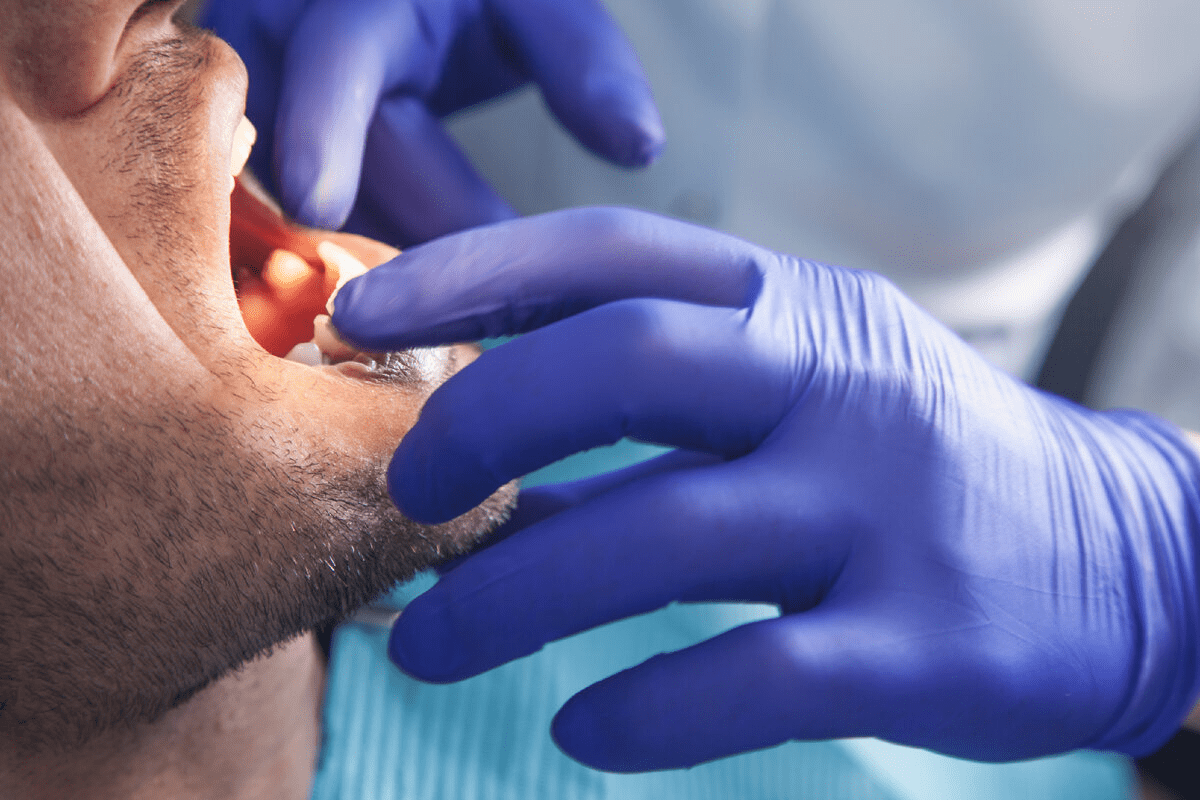
Maxillofacial radiology is a complex field that needs advanced training. It covers radiation physics, biology, and imaging techniques. New technologies like cone beam computed tomography

Human papillomavirus (HPV) is a big reason for oropharyngeal squamous cell carcinoma (OPSCC), a throat cancer type. Daniel Kwon, MD, a head and neck cancer
Many think oral sex is safe, but it’s not. Genital HPV can spread to the mouth and throat through oral contact. This can cause painful

Oral papillomas are growths in the mouth, often from low-risk HPV. They can show up as bumps on the tongue, lips, and gums. This can
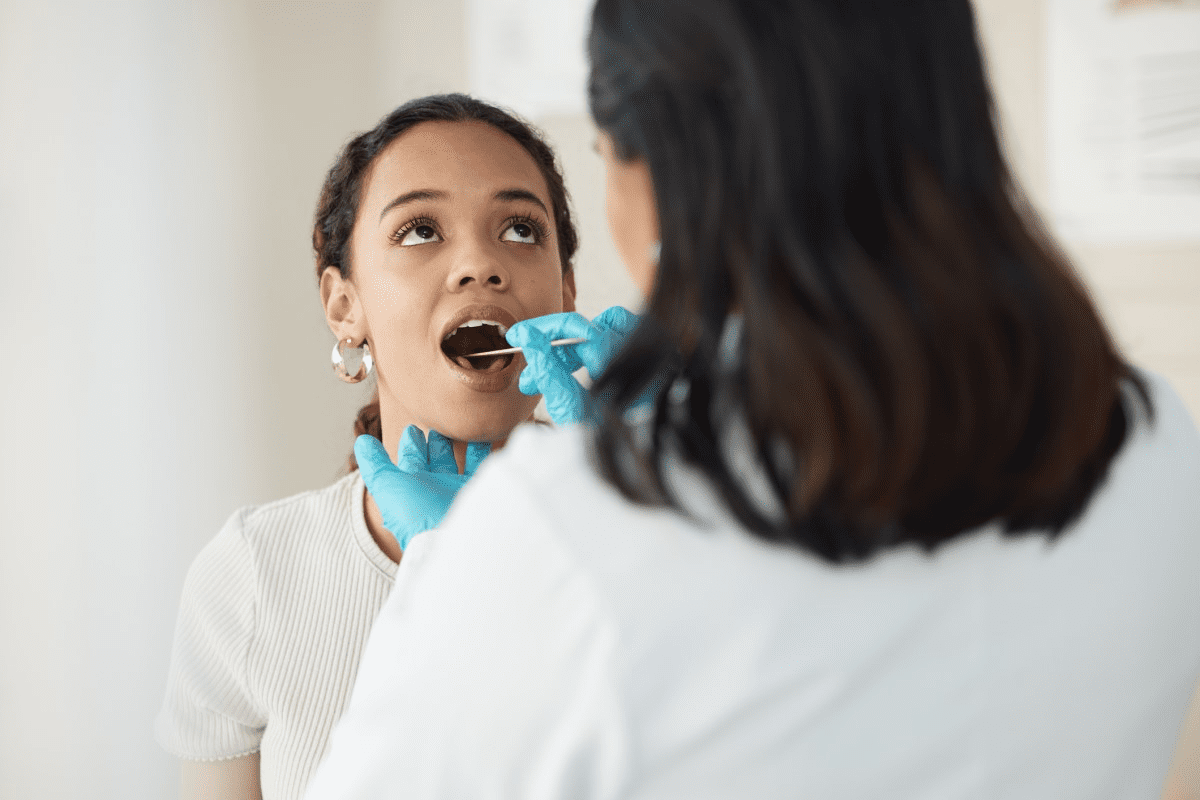
Human Papillomavirus (HPV) is a common virus that affects millions globally. The American Cancer Society says 43 million people in the United States have HPV.

Leave your phone number and our medical team will call you back to discuss your healthcare needs and answer all your questions.
Your Comparison List (you must select at least 2 packages)